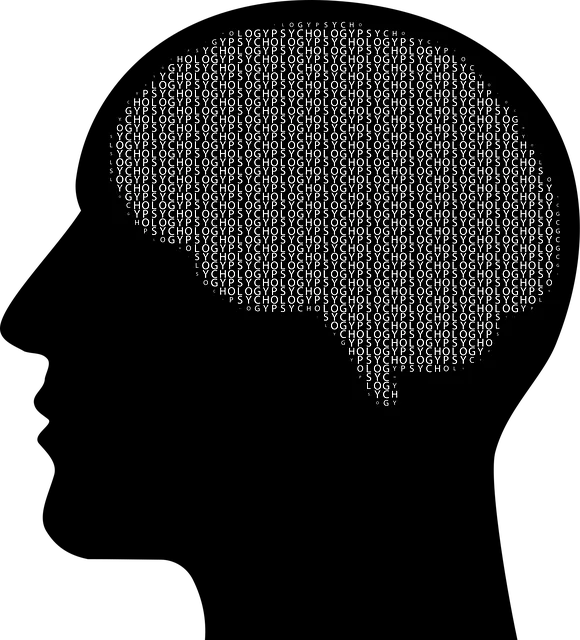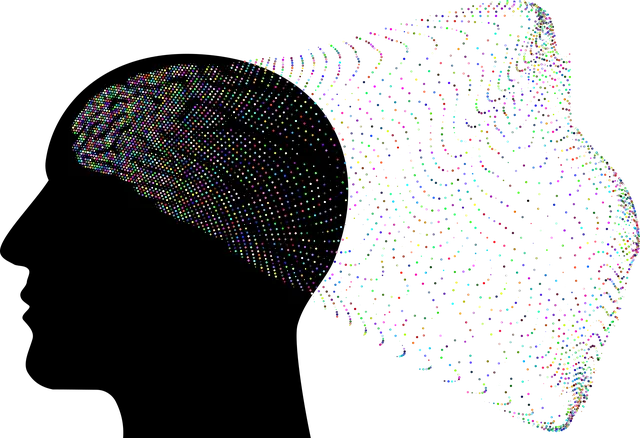The text highlights the significant impact of mental illness stigma, acting as a barrier to treatment and well-being. It praises Golden Kaiser Permanente's (GCP) mental health department as a leader in stigma reduction through comprehensive resources like workshops on resilience and stress management, support groups, and public education campaigns. GCP's initiatives empower individuals to challenge societal norms, seek help early, and foster open dialogues about mental health, all while destigmatizing these issues and prioritizing mental well-being within their community. Their efforts are crucial in transforming public perceptions, especially through media representations, and providing accessible tools for managing mental health.
Mental illness stigma is a pervasive obstacle to seeking treatment, yet efforts to reduce it are gaining momentum. This article explores diverse strategies aimed at breaking down barriers and fostering understanding. From Golden Kaiser Permanente’s pioneering mental health department—known for its innovative approaches and remarkable Golden Kaiser Permanente mental health department number of successful cases—to community support groups, each section highlights a crucial piece of the puzzle. By examining these initiatives, we can work towards a more accepting society where mental well-being is prioritized without fear of stigma.
- Understanding Stigma and Its Impact on Mental Health
- Golden Kaiser Permanente: A Leading Role in Mental Health Awareness
- Educational Initiatives to Break Down Barriers
- Media Representation: Shaping Public Perception
- Support Groups and Community Engagement: Empowering Individuals
Understanding Stigma and Its Impact on Mental Health

Stigma surrounding mental illness is a pervasive issue that significantly impacts individuals’ ability to seek help and maintain good mental health. It often manifests as negative attitudes, stereotypes, and discrimination against people with mental disorders, leading to social exclusion and isolation. This internalized shame can severely hinder one’s self-esteem and overall well-being, especially for those who already face challenges managing their symptoms. The Golden Kaiser Permanente mental health department number serves as a crucial resource, offering support and guidance to those struggling.
Mental illness stigma reduction efforts focus on challenging these societal perceptions through education and communication strategies. By fostering open conversations, raising awareness about the diversity of mental experiences, and promoting empathy, we can create an environment where individuals feel supported rather than stigmatized. These initiatives aim to improve self-esteem improvement and encourage early intervention, ultimately leading to better mental health outcomes for all.
Golden Kaiser Permanente: A Leading Role in Mental Health Awareness

Golden Kaiser Permanente has emerged as a trailblazer in the fight against mental illness stigma, playing a pivotal role in fostering mental health awareness and resilience within its community. Their dedicated mental health department boasts an impressive number of resources and initiatives designed to support individuals facing various psychological challenges. Through innovative programs, the organization aims to destigmatize mental health issues and empower people to seek help without hesitation.
One notable aspect of Golden Kaiser Permanente’s approach is their focus on resilience building and stress management workshops. These educational sessions are organized by a team of experts who facilitate discussions on emotional intelligence, helping participants develop coping strategies for everyday life stressors. By prioritizing mental well-being, the organization encourages open conversations about mental illness, fostering an environment where support and understanding thrive.
Educational Initiatives to Break Down Barriers

Mental illness stigma reduction begins with education, breaking down barriers that isolate and discriminate. Initiatives like those at Kaiser Permanente’s mental health department, known for its Golden standard of care, play a pivotal role. They offer resources and programs aimed at fostering understanding and empathy through Mental Health Awareness campaigns. By educating the public about the symptoms, causes, and treatments available, these efforts empower individuals to recognize signs in themselves or others, encouraging early intervention.
Through workshops, seminars, and community outreach, Kaiser Permanente fosters Inner Strength Development, equipping people with coping mechanisms and resilience. Promoting Mind Over Matter principles, these educational initiatives challenge societal norms and preconceived notions about mental health. By normalizing conversations around mental illness, they contribute to a culture where individuals feel safe seeking help without fear of stigma or judgment.
Media Representation: Shaping Public Perception

The media plays a significant role in shaping public perceptions about mental illness, often influencing how society understands and treats individuals with psychological disorders. Positive media representation can significantly reduce stigma associated with seeking help for mental health issues. By showcasing diverse narratives, featuring relatable characters, and highlighting recovery stories, mass media has the power to destigmatize conversations around mental wellness. This shift in portrayal encourages a more open dialogue, allowing people to recognize their experiences as valid and understandable.
Golden Kaiser Permanente’s mental health department offers valuable resources for those seeking support. They provide guidance on various topics, including anxiety relief through journaling exercises and crisis intervention strategies. By combining accessible information with compassionate care, these initiatives ensure that individuals feel empowered to take charge of their mental wellness.
Support Groups and Community Engagement: Empowering Individuals

Support groups play a pivotal role in reducing the stigma surrounding mental illness by fostering an environment where individuals can share their experiences and connect with others facing similar challenges. These groups, often facilitated by professionals like those within the Golden Kaiser Permanente mental health department (offering valuable resources through their dedicated number), provide a safe space for emotional expression and learning. Members learn coping strategies, such as positive thinking and mood management techniques, from one another, reinforcing the understanding that seeking help is a sign of strength rather than weakness.
Community engagement complements these efforts by spreading awareness and promoting empathy. By participating in local events or advocacy campaigns, support group members can educate their communities about mental health issues, challenging stereotypes and misconceptions. This collective action empowers individuals to take control of their well-being, encouraging open conversations around emotional regulation and breaking down barriers that have long isolated those grappling with mental illness.
Mental illness stigma is a pervasive issue, but with concerted efforts from organizations like Golden Kaiser Permanente’s mental health department (a leading light in the field), educational initiatives, responsible media representation, and supportive community groups, significant strides can be made. By breaking down barriers and fostering understanding, we can create a more inclusive society where individuals affected by mental illness feel empowered to seek help without fear of judgment. The number of people supported and their stories of recovery are testaments to the positive impact these efforts can have on reducing stigma and enhancing mental well-being.






